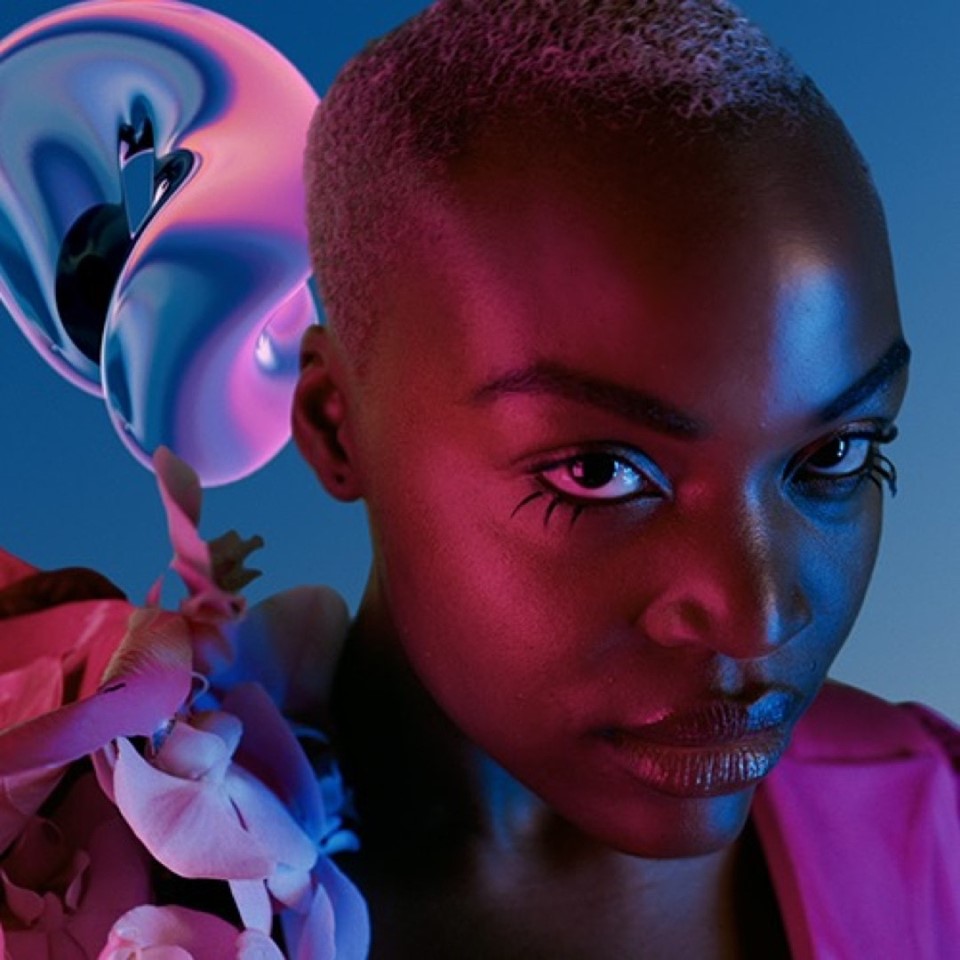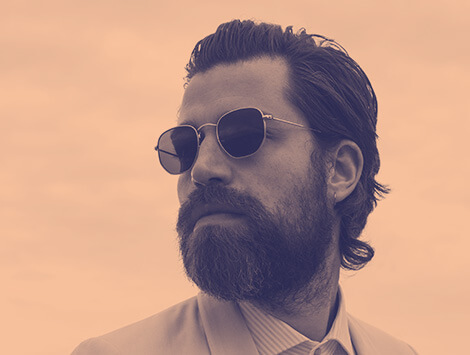Meet Pongo an artist of Angolan origin who revisits kuduro !!
Angolan artist Pongo returns to sewing inspired by her Angolan childhood after some trying intimate episodes. Dancing and celebrating is her way of throwing her nose at the traps of life. Here is a portrait of the young lady at her Sakidila record launch. On stage, the short peroxide-haired artist is a ball of energy who seems to give her all in her fiery song and dance. Atmosphere and sweat guaranteed. On the intimate side, Engrácia Domingos da Silva (her real name) hides some cracks. The first is rooting. In 2000, when she was only 8 years old, her family fled Angola and its civil war to Portugal. Her mother worked as a cleaner and her father a builder, although she was once a seamstress in Angola. lived in a hotel room with her two siblings for a year before moving to Pontinha, a town on the northern edge of Lisbon. Africans were rare here, and bullying of a teenager's skin color, hair and accent was common, especially at school. Her father was very strict, preventing his three daughters from going out or meeting friends, and Pongo remembers the "dictatorship andquot; prescribed by father. At the age of 12, she jumped from the seventh floor of a building. Miraculously, she survived with only a broken leg. On her way to see a physical therapist, she noticed a group of boys on Queluzi Street, a neighborhood with many African immigrants. She joined the Denon Squad first as a dancer, then as a rap singer. Her parents were afraid she would get into bad company and take drugs. The Portuguese group Buraka Som Sistema noticed her and hired her thanks to a tape sent by the Denon Squad. She adopted the pseudonym Pongolove as a tribute to the Congolese singer Mand;Pongo Love, whom his father admired. The singer with a tragic fate died at the age of 33 years. In 2008, Pongolove made her name with Kalemba (Wegue Wegue), a supercharged reed on which she rapped in accurate Angolan Kimbundu. Kuduro ("hard arse") was a dance style that was born from the mussek drum machines of the capital Luanda and the slums before becoming an electro style. Because of this, especially financial success, her family finally accepted her career and her father became a teenager and a leader. On the radio, on YouTube, in video games, at concerts... the song is everywhere. It tells about memories, perhaps idealized, of his childhood in Angola. But touring abroad as a minor, her authoritarian and alcoholic father - who eventually left the house - and disagreements with the group took him away from music. Pongo believes that Buraka Som Sistema deceived her with Kalemba (Wegue Wegue) which she wrote and most of which she composed. The group claims that he was their most popular singer to date. The young woman started a family and lived on odd jobs. One day, while cleaning the house, she heard a noise on the radio. That was the trigger. Pongo decided to return to the studio to pursue a solo career. In 2018, she released his first five-song EP Baia, produced by French Raphaël dand;Hervez (ex-Pégase and Minitel Rose), mixing couture, electro and dancehall. In 2019, she was invited to participate in the Fête de la Musique at the Elysée Palace with the duo Brigitte and Iris Gold in front of Emmanuel and Brigitte Macron. Pongo's first album Sakidila (2022) is under the control of Frenchmen Thomas Broussard (the guitarist's paths cross with Pierpoljak, Taïro and Koffee) and Thomas Broussard. This work is a mixture of radio songs (backing songs Hey Linda, Doudou and Vida), hybrids (Pica reggaeton, amapiano Amaduro) and some more passionate songs (Bruxos, Goolo) that exhaust the listener. Pongo tries Wegue Wegue coverage, how do you claim your debt? Also included is Kuzola, a heartbreaking love song from her mini album Baia. Mixed stitch ambassador Pongo always oscillates between celebration and sadness.
https://youtu.be/_A7pCbQ5L5A?si=nHRHIFizEJ__btSQ
https://youtu.be/XJFGWKrrEqg?si=V4RbbAudrsagK9q9
BW




